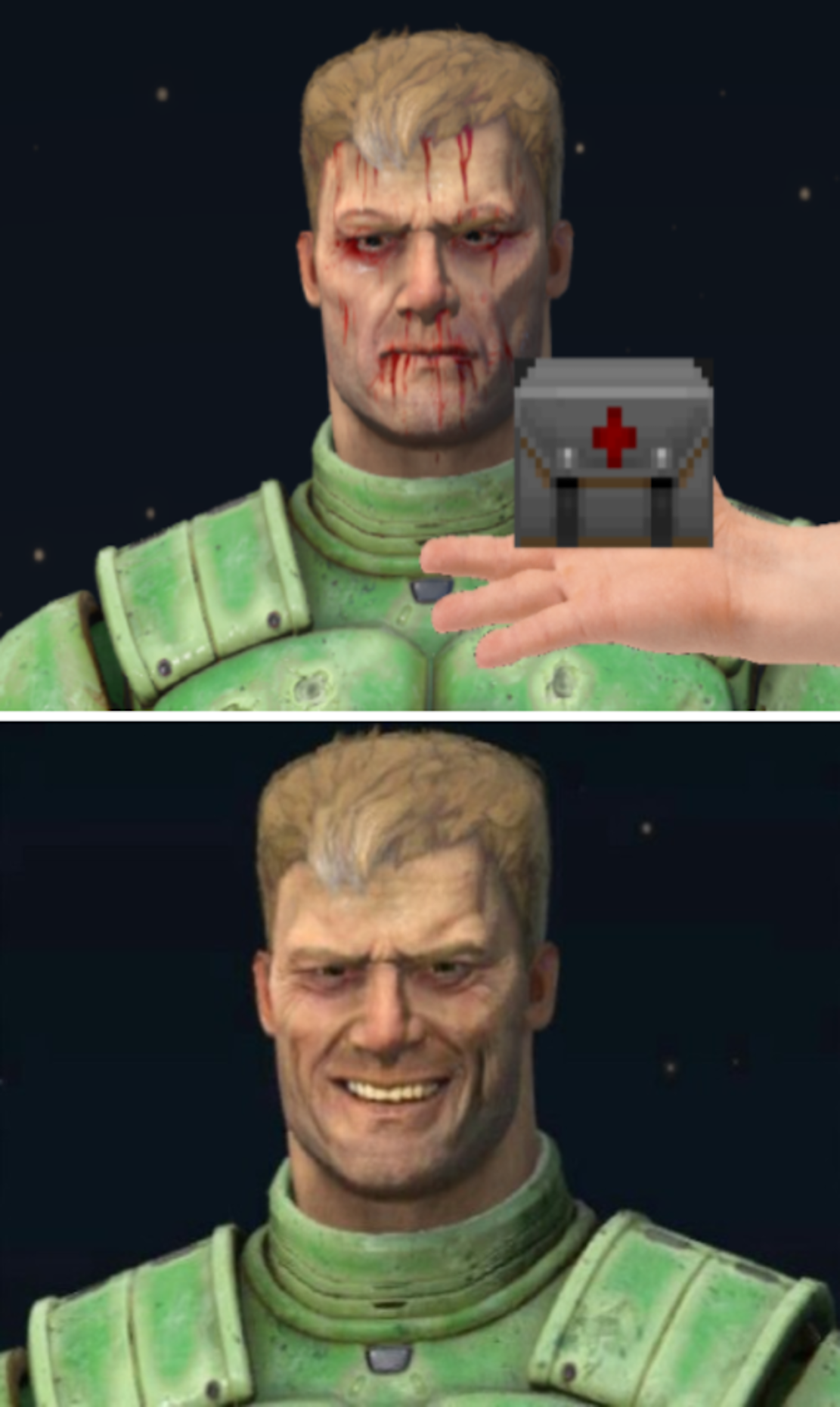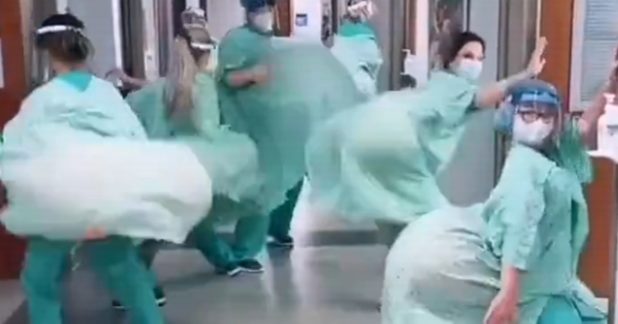
Extending the lockdown little by little appears to have successfully trained people into enjoying no freedoms and feeling great about it. It’s kinda like Stockholm Syndrome. We can call this Lockdown Syndrome, or Netflix House Arrest Syndrome.
Britons do not want to go back into work because they fear the lockdown is being eased too quickly – and they enjoy being at home, a poll revealed last night.
The survey was a setback for Boris Johnson, illustrating the uphill task he faces to bring the nation’s moribund economy back to life quickly.
It showed that on average people have more money in their pockets than when the lockdown started – with public-sector workers gaining the most.
Yes, the government is giving them money, which means that in reality, everyone in the country is overall poorer. Their collective wealth is being distributed while no one is working to generate more.
It’s like taking all of your money and life savings out of your bank account, quitting your job, and going on a shopping spree. Yeah, you have more money in your pocket — temporarily.
Millions of voters are putting their feet up at home – and an astonishing four in ten have put on weight, particularly worrying following clear evidence of a link between obesity and coronavirus.
The Daily Mail survey by JL Partners highlights the heroic status gained by doctors, nurses and other NHS staff on the front line, with almost 100 per cent approval.
But there is a big difference between the effect of the lockdown on people with jobs in the private sector compared with the 5.5million in the public sector.
A total of 38 per cent who work in the private sector, where tens of thousands of have lost their jobs or had wages cut, are worse off, according to the poll. Just 29 per cent are better off.
By contrast, 46 per cent of public sector workers are better off, 30 per cent say it has made no difference and only 23 per cent, fewer than one in four, are worse off.
It means a total of 76 per cent – more than three quarters – of those in the public sector are either no worse off or are better off.
Overall, the public say they are better off by 4 per cent. The survey will ring alarm bells in Downing St where there were already fears that many people were reluctant to go back to work to rescue the economy – a view reinforced by crowded beaches and parks in last week’s sunny weather.
People are well aware how badly the economy has been hit. Four in ten say it will take at least three years to recover.
…
A total of 35 per cent of OAPs say they have more money, 53 per cent say it has made no difference, and only 12 per cent are worse off.
Forty-three per cent of all voters say they have enjoyed being at home more, with just 25 per cent not enjoying it.
A total of 53 per cent overall say the lockdown is already being eased too fast, while 11 per cent insist it is too slow.
…
Asked what should be re-opened soon, cafes, pubs and shops are put ahead of schools.
What’s worse: the health care workers thinking that they’re heroes for making dancing videos for social media, or the people who clap for them?
In America, lots of people are protesting and demanding their freedoms back, and many are silent but eager to get back to work. In such a scenario, the government has a harder time moving forward with their kooky totalitarian plan.
But in the United Kingdom, most people appear to have learned to enjoy the prisoner lifestyle — and that makes them much easier to control.
Perhaps warning them about what’s coming may help change their minds.
 Daily Stormer The Most Censored Publication in History
Daily Stormer The Most Censored Publication in History



